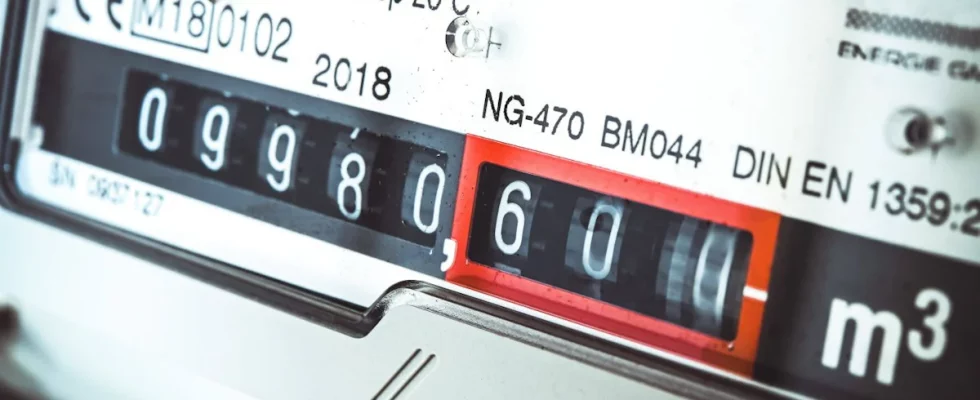Sometimes just looking at a bill is enough to make you lose your composure. It is often the consumption bills for electricity, water and gas that cause the viewer’s blood pressure to skyrocket. In a case that has now been dealt with by a civil court at the Munich District Court, this is probably what happened to the plaintiff when he was presented with the 2021 natural gas statement from his gas supplier. For the period from March 2020 to March 2021 he should pay no less than 4259.56 euros. The consumption calculated by the gas supplier was a whopping 63,528 kilowatt hours.
For the plaintiff the case was clear. The company calculated a value that was far too high. After all, the consumption in the annual natural gas bill a year earlier was just 10,347 kilowatt hours and was therefore significantly lower than that in the current bill. The customer went to court – but to no avail.
The reason for the very high consumption in 2021 was, as it turned out during the negotiation, that the so-called final value of the 2020 gas bill was not read, but estimated. However, far too low. That is why lower consumption was billed in the gas bill for 2020, which in turn meant that the so-called initial value for the 2021 bill was “also significantly underestimated,” as the court found. The final value for 2021, however, had been read again and, according to the court, corresponded to the actual circumstances. The lawsuit is therefore unfounded, according to the reasons for the judgment. The plaintiff must therefore pay the requested amount of 4,259.56 euros.
The court ruled that the defendant’s billing was “correct overall”. The gas supplier had an “obviously wrong final result and therefore estimated gas consumption”. However, this estimate, which was far too low, was then “permissibly” corrected and accounted for. According to the court, “estimates that have since been incorrect” can be subsequently corrected by the energy provider.
The plaintiff himself is to blame for the high gas bill: if he had read the consumption, the court said, the defendant “would not have made use of its opportunity to estimate”. The invoice was not wrong, but corresponded to “the legally permissible billing mechanisms”.
The district court’s judgment (172 C 12407/23) is not yet legally binding.

